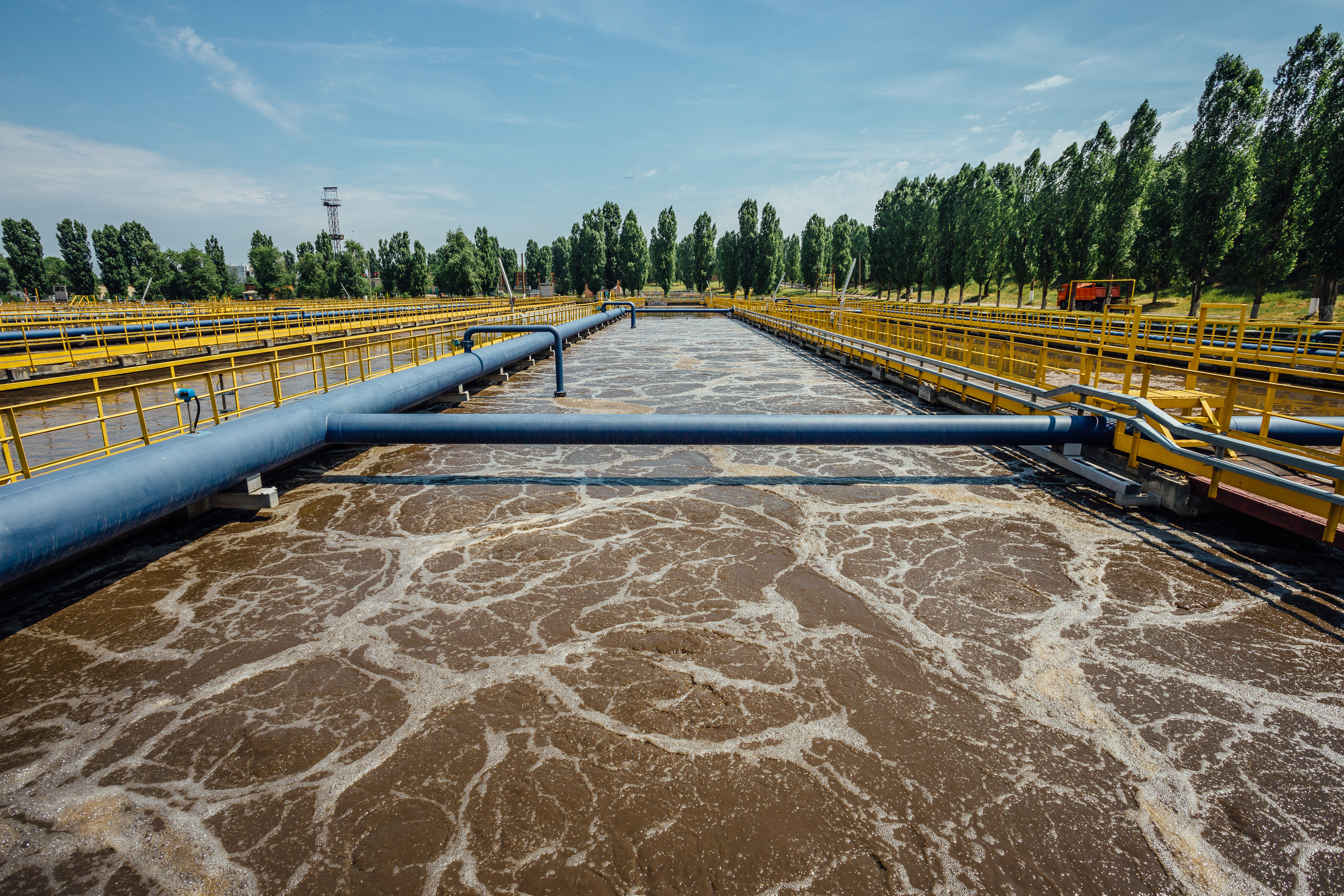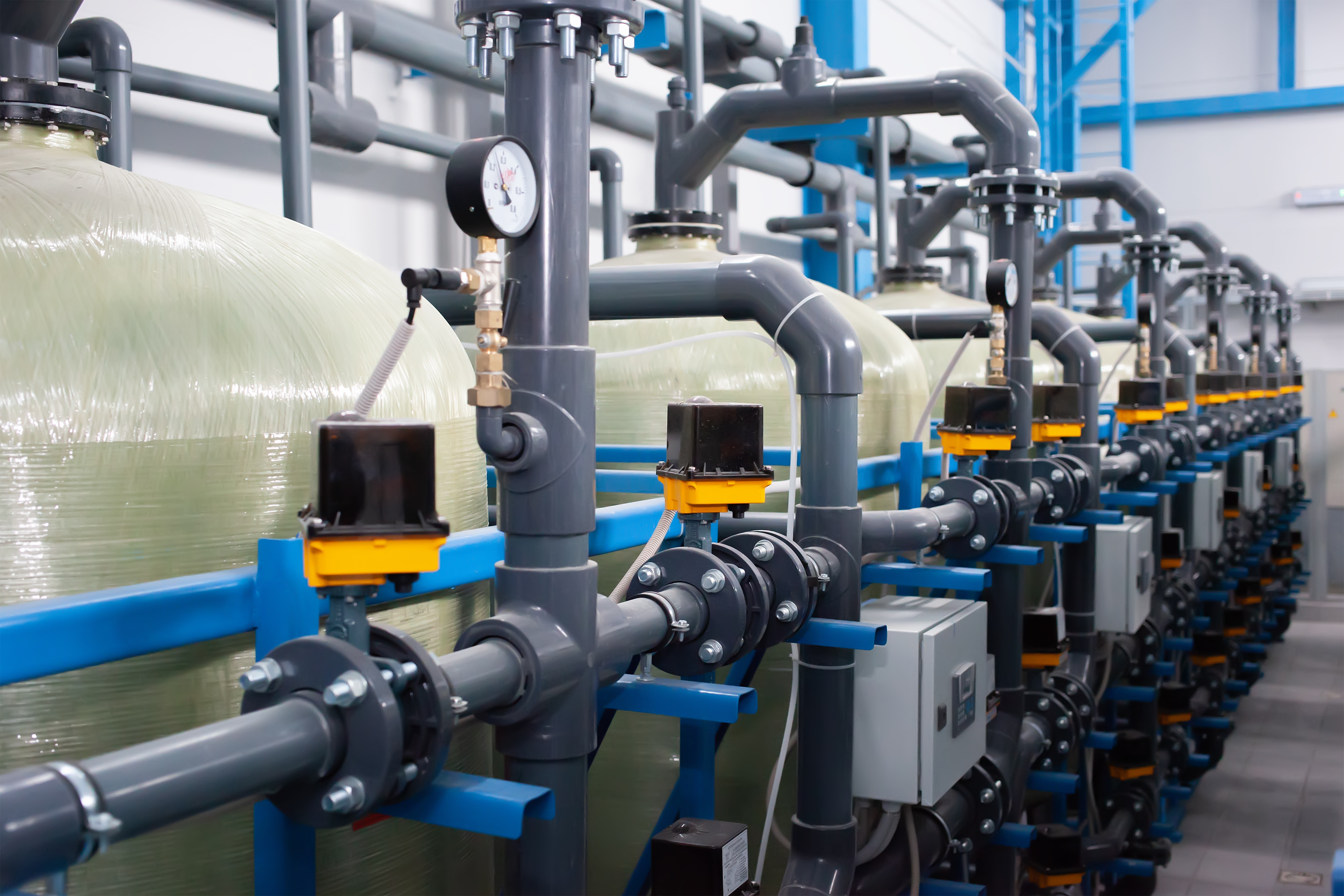water treatment
Water treatment is a critical process that involves the removal of contaminants from water to make it suitable for its intended end-use, which could be drinking, industrial water supply, irrigation, water recreation, or many other uses. Effective water treatment ensures water quality meets regulatory standards and protects human health and the environment.

Ion exchange resins are a crucial component in water treatment processes, particularly effective in softening hard water, purifying drinking water, and treating industrial wastewater. These resins are small, porous beads typically made from an organic polymer substrate. They function by selectively exchanging ions in the water with ions fixed to the resin, a process that can be tailored to remove undesirable contaminants or to add desirable ions to the water.
applications in water treatment
- water softening: one of the most common uses of ion exchange resins is in water softeners, where calcium and magnesium ions are exchanged with sodium or potassium ions to prevent scale formation
- deionization: ion exchange is used to remove all ionized minerals and salts from water, producing highly purified water (this is essential in industries and laboratories where demineralized water is required)
- industrial water treatment: in industrial settings, ion exchange resins help manage boiler feedwater, process water, and wastewater by removing toxic and non-toxic metal ions, thus preventing corrosion and scaling in pipes and machinery
- uranium extraction: special ion exchange resins are used for extracting uranium from mining process streams
- pollution control: resins can remove hazardous substances like lead, radium, and nitrate from drinking water, significantly reducing health risks
Reillex™ Resins are weak-base ion exchange (IX) resins for applications requiring high temperature, oxidative, and strong acid stability, broad metal chelation properties, and excellent acid scavenging capabilities. They play a crucial role in the recovery and recycling of valuable metals and chemicals from waste streams. In the recycling industry, water used in various processes can be contaminated with metals, chemicals, and other pollutants. Reillex Resins help purify this water by removing toxic ions and pollutants, making the water suitable for reuse in the process or safe for discharge.

Flocculants are important intermediates used in the water treatment process to help clarify water and remove contaminants. Their primary function is to aggregate and bind small, suspended particles into larger compounds, known as flocs, which are easier to remove through sedimentation or filtration. Many particles in water carry a negative charge; flocculants, often positively charged, neutralize these charges, reducing the forces that keep particles apart.
applications in water treatment
- municipal water treatment: Flocculants are used in the treatment of drinking water and wastewater. In drinking water, they help remove turbidity and contaminants, including pathogens and particulates. In wastewater treatment, flocculants are crucial for the sedimentation of organic and inorganic matter in primary and secondary treatment processes.
- industrial water treatment: In industries, flocculants are used for the treatment of process water, boiler water, and cooling water, as well as in the treatment of effluents before discharge or recycling.
Indapro™ 57 Series, alkenyl succinic anhydrides (ASA) technology, can be utilized in water treatment processes as a flocculant to help remove suspended particles from water.
